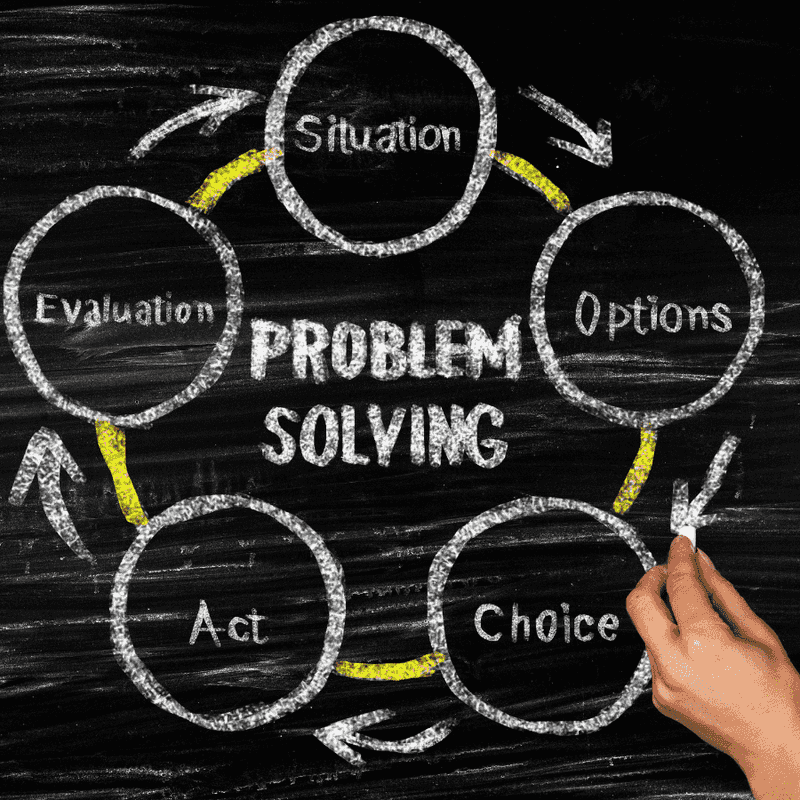Growing up with parents who prioritize instilling good habits can have a profound impact on your life. From small daily routines to significant life choices, these habits shape your character, behavior, and future. It goes beyond just being well-behaved or disciplined; it’s about fostering a mindset that drives success, happiness, and fulfillment.
As we go through life, these habits become the foundation of our decision-making, relationships, and personal growth. They are the invisible threads that weave through the fabric of our lives, guiding us toward success and joy. Here are eight signs that your parents have done an exceptional job in instilling these invaluable habits in you.
1. Consistency in Daily Routines

Consistency forms the backbone of productive routines. Parents who emphasize regularity teach the importance of time management and discipline. This habit helps cultivate a sense of order and predictability.
When life throws unexpected challenges, those with consistent routines adapt more readily. They understand the balance between work and play.
Daily habits, such as waking up early or maintaining a bedtime schedule, become second nature. This structure empowers you to tackle tasks efficiently and manage your time wisely. The ability to stick to plans often breeds success.
2. Healthy Eating Habits

Parents who focus on healthy eating instill lifelong nutritional habits. Those exposed to balanced diets early appreciate the benefits of nourishing foods.
They learn to enjoy a variety of flavors while understanding the importance of portion control. Such habits reduce the risks of health issues later in life.
Choosing fresh fruits over processed snacks becomes instinctive. This knowledge of nutrition supports overall well-being and boosts energy levels. An appreciation for wholesome foods fosters a healthy relationship with food.
3. Financial Responsibility

Financial literacy begins at home, and parents play a vital role. Teaching kids the value of money helps them become prudent spenders.
Parents who encourage saving instill the habit of financial planning. Children learn to differentiate between needs and wants.
They develop an understanding of budgeting and the significance of savings. This early education in finances leads to responsible adulthood financial decisions. It fosters independence and security.
4. Emotional Intelligence

Emotional intelligence is a cornerstone of healthy relationships. Parents who teach empathy and self-awareness cultivate emotionally intelligent individuals.
These skills enhance communication and conflict resolution. They learn to manage emotions constructively.
Understanding and expressing emotions in a healthy manner leads to personal growth. Emotional intelligence aids in building strong, meaningful connections. It equips one to handle life’s challenges gracefully.
5. Respect and Kindness

Instilling respect and kindness is fundamental to positive social interactions. Parents who model these values teach children to value others’ perspectives.
Acts of kindness become a natural response in daily life. This promotes a harmonious and inclusive environment.
Such upbringing encourages supportive community building. Respectful behavior fosters mutual understanding and cooperation. It lays the foundation for a compassionate society.
6. Passion for Learning

Cultivating a love for learning opens doors to endless opportunities. Parents who encourage curiosity inspire lifelong learners and critical thinkers.
Children exposed to diverse subjects develop adaptability and resourcefulness. Learning becomes a joyous pursuit rather than a chore.
This passion fuels innovation and continuous personal development. A curious mind leads to exploring new ideas and embracing change. It drives self-improvement and success.
7. Active Lifestyle

An active lifestyle is vital for physical and mental health. Parents who prioritize physical activity teach children the joy of movement.
They emphasize the importance of regular exercise for overall well-being. Engaging in sports or outdoor activities becomes habitual.
This foundation supports maintaining a healthy weight and reducing stress. Active children often grow into energetic, health-conscious adults. It nurtures lifelong fitness.
8. Problem-Solving Skills

Problem-solving skills are essential in navigating life’s complexities. Parents who encourage critical thinking nurture resourceful individuals.
These skills enable one to approach challenges with a solutions-oriented mindset. Children learn to analyze situations and develop strategic plans.
They grow into confident decision-makers who embrace challenges. Problem-solving capability fosters resilience and adaptability. It empowers individuals to tackle obstacles creatively.

Well, hello there!
My name is Jennifer. Besides being an orthodontist, I am a mother to 3 playful boys. In this motherhood journey, I can say I will never know everything. That’s why I always strive to read a lot, and that’s why I started writing about all the smithereens I came across so that you can have everything in one place! Enjoy and stay positive; you’ve got this!

